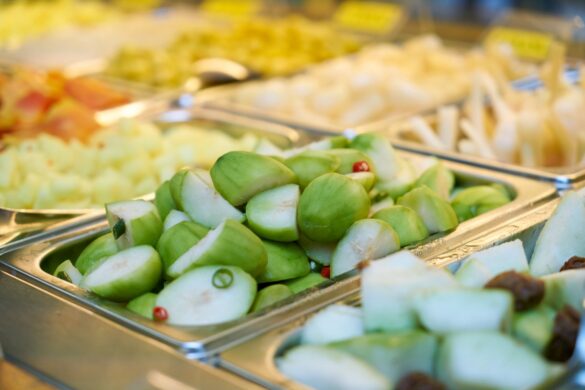Bangladesh is aiming to grow its halal industry and the plan starts with clear, practical steps that could turn local goods into global exports, and the idea is already drawing interest from business and trade leaders. The country has strong advantages: a large Muslim population, growing food processing skills, and close shipping links in Asia, so the first move is to make rules and systems that buyers abroad can trust. To do that, officials and companies need faster, uniform halal certification so products are clearly marked and trusted; a special code for halal items in trade classifications to make tracking and reporting easier; and better labs and modern slaughter and processing plants so food meets strict safety and hygiene checks. Partnerships with countries that already run halal industrial zones can help, too, by sharing know-how on testing, packing and export procedures. Small farmers and processors can win more if buyers see verified supply chains, so simple tracing systems that link a product back to the farm will raise value and help price fairness. The plan also needs people who know halal rules and can run certified factories, so new training programs at technical schools and short courses for workers will build the skills factories need. Making halal products look and sell better is part of the plan: better packaging, clear brands, and links to markets in the Middle East, Europe and North America will help local items compete on quality not just price. The strategy can stretch beyond food to include halal tourism, modest-catering services, and halal-friendly logistics that keep goods separate and clean during transport. Diaspora communities can be invited to help open markets abroad, act as brand ambassadors and invest in small exporters. To attract money, the country can build a clear halal investment framework with credible advisory boards and transparent rules so investors know how returns fit with ethical standards. Small pilot projects can show success quickly — a cluster that meets export rules, a modern processing unit that sells verified spices or health oils, or a halal-certified hotel stretch that draws Muslim travelers — and those wins will encourage wider investment. The aim is steady, not sudden, change: combine better rules, a few modern plants, simple trace systems, focused training and sensible marketing. If these steps are followed, Bangladesh could grow homegrown halal brands, lift farm incomes and win customers who care about safety, ethics and quality.
Bangladesh Eyes Global Halal Leadership with Certification, Zones, and Export-Driven Strategy
39


